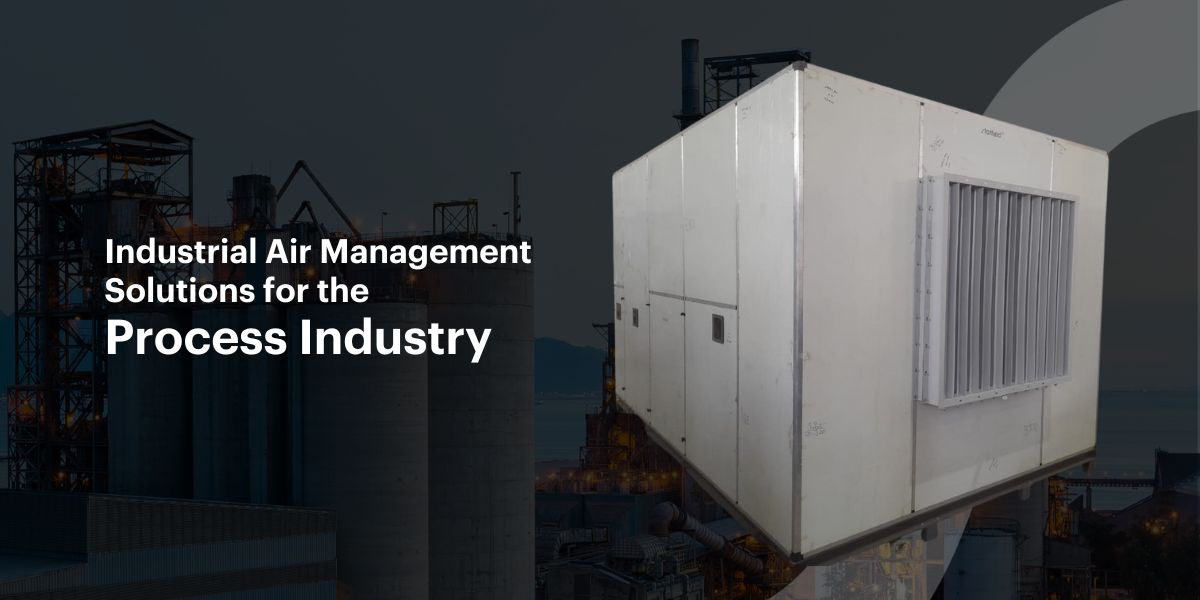In the process industries from chemical plants to food processing clean, efficient air isn’t just a luxury, it’s a necessity. Industrial air management solutions play a pivotal role in ensuring worker safety, regulatory compliance and operational efficiency. Let’s explore how these systems keep facilities running smoothly while safeguarding both people and productivity.
Why Air Management Matters
Industrial environments generate dust, fumes and airborne contaminants that can compromise air quality. Without proper management, these pollutants lead to health hazards, equipment wear and regulatory fines. A well-designed air management system tackles these challenges head-on, creating a safer, more efficient workplace.
Key Components of Industrial Air Management
Air Filters: The First Line of Defense
High-efficiency filters trap particulate matter, dust, and harmful particles before they circulate. Whether it’s HEPA filters for fine particles or industrial-grade media for heavy-duty applications, the right filtration keeps air clean and machinery protected.
Air Purification: Beyond Basic Filtration
Advanced purification technologies like UV germicidal lamps and activated carbon filters neutralize pathogens, odors and volatile organic compounds (VOCs). This is especially crucial in industries handling sensitive materials, such as pharmaceuticals or food processing.
Ventilation Systems: Keeping Air Moving
Proper airflow prevents stagnant, contaminated air pockets. Industrial ventilation systems, including exhaust fans and ductwork, ensure consistent air exchange, reducing heat buildup and maintaining a comfortable environment.
Compressed Air Systems: Clean and Reliable Power
Many industries rely on compressed air for pneumatic tools and automation. Efficient air dryers, filters and monitoring systems ensure that compressed air remains contaminant-free, preventing costly equipment failures.
The Benefits of Optimized Air Management
- Healthier Work Environment – Reduced exposure to pollutants means fewer respiratory issues and higher employee morale.
- Lower Operational Costs – Energy-efficient systems reduce power consumption, while predictive maintenance minimizes unexpected downtime.
- Enhanced Productivity – Clean air means fewer disruptions, better equipment longevity, and smoother production flows.
- Sustainability Boost – Efficient air management reduces waste and energy use, aligning with corporate sustainability goals.
Future-Proofing with Smart Air Management
Modern systems integrate IoT sensors and real-time monitoring, allowing facilities to track air quality, detect leaks, and predict maintenance needs before issues arise. This proactive approach maximizes uptime and extends equipment life.
Investing in industrial air management isn’t just about compliance it’s about creating a workspace where safety, efficiency, and sustainability thrive. Whether upgrading existing systems or implementing new solutions, the right air management strategy ensures your facility operates at its best.



